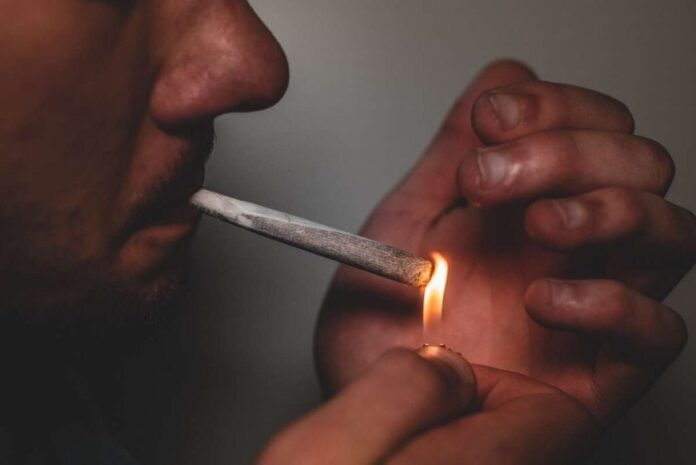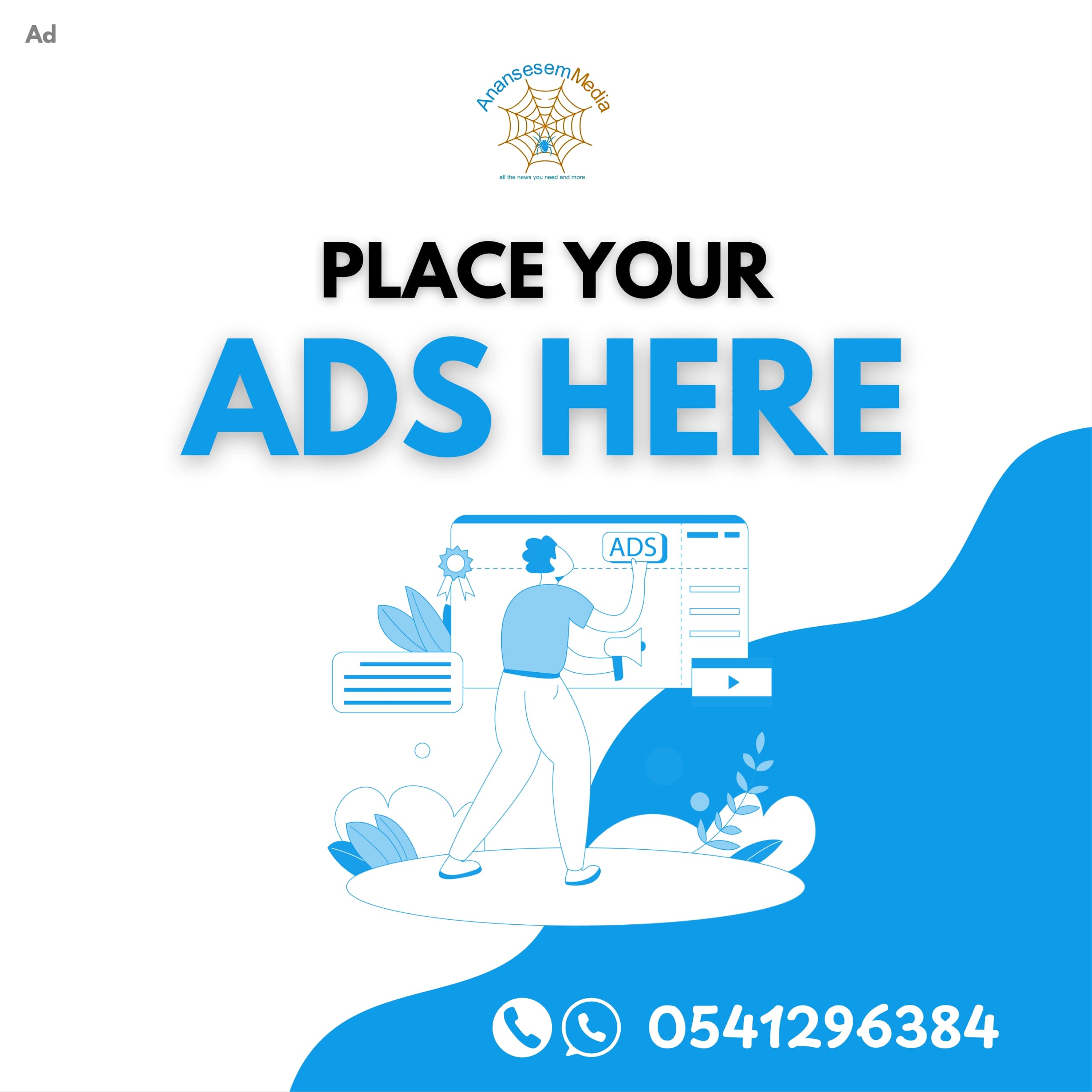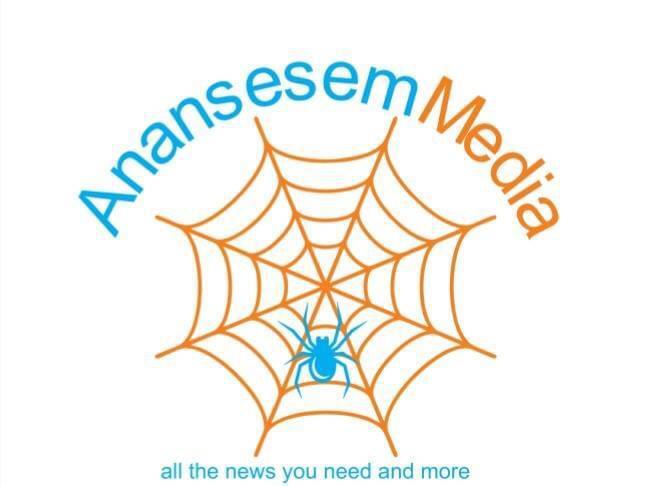Substance Abuse: The Quiet Crisis in Our Communities
Drug abuse isn’t always loud. It doesn’t always show up as a dramatic headline or a visible downward spiral. Sometimes, it whispers in silence through stolen prescriptions, hidden bottles, or a once-bright teenager whose spark is slowly fading.
Across neighborhoods and nations, drug abuse is silently shaping lives, families, and futures. And while it’s easy to think of it as a problem that happens to “someone else,” the truth is that it often begins closer to home than we’d like to admit.
How It Often Begins
For many, drug abuse starts innocently: a painkiller after surgery, a little something to take the edge off anxiety, a casual experiment at a party. But dependence creeps in gradually. What began as a solution becomes the problem itself.
It’s not always the substances we stigmatize that cause the most damage. Prescription medications meant to heal are increasingly misused. Tranquilizers, stimulants, opioids; they offer temporary relief, but prolonged misuse can lead to devastating consequences.
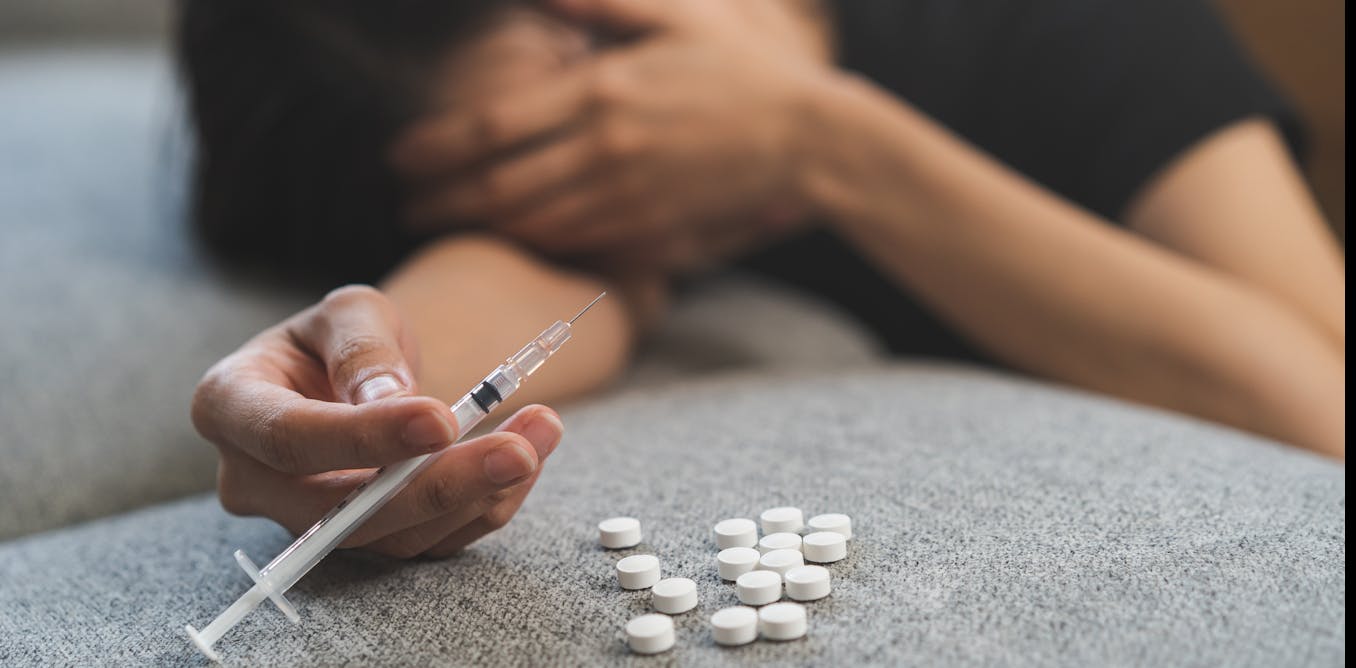
The Ripple Effect
Drug abuse isn’t just personal, it’s communal. It strains families, breaks friendships, affects job performance, and endangers lives. Children grow up in unstable homes. Parents lose touch with their kids. Entire communities suffer the impact.
And then there’s the emotional toll: the shame, the secrecy, the isolation. Many suffer silently, too afraid or unsure to ask for help.
Read alsoUnderstanding MENTAL HEALTH: Why It MATTERS for Everyone
Why We Must Talk About It
Silence keeps drug abuse alive. Stigma prevents healing. By opening up conversations, we not only make it easier for others to seek help, but we create a culture where recovery is possible and celebrated.
Everyone deserves a second chance. Recovery isn’t a straight line, and it’s not about perfection. It’s about awareness, support, and taking one honest step at a time.
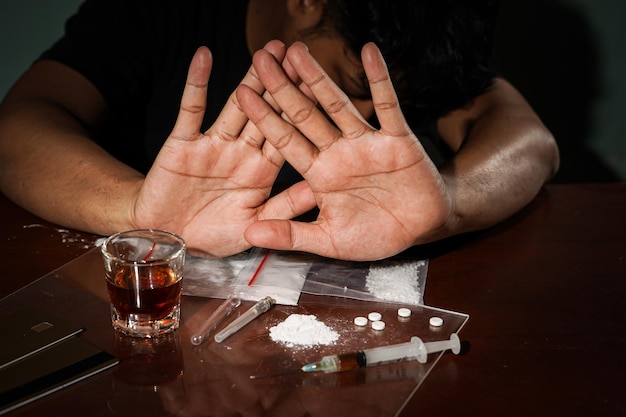
A Hopeful Turn
If you or someone you know is struggling with drug abuse, know this: you are not alone. Help exists in the form of professionals, hotlines, support groups, and people who genuinely care. Healing is not a myth. Recovery is real. And no one is ever too far gone to find their way back.
Let’s make it safe to speak up. Let’s choose empathy over judgment. Let’s bring drug abuse out of the shadows because only in the light can we begin to heal.


